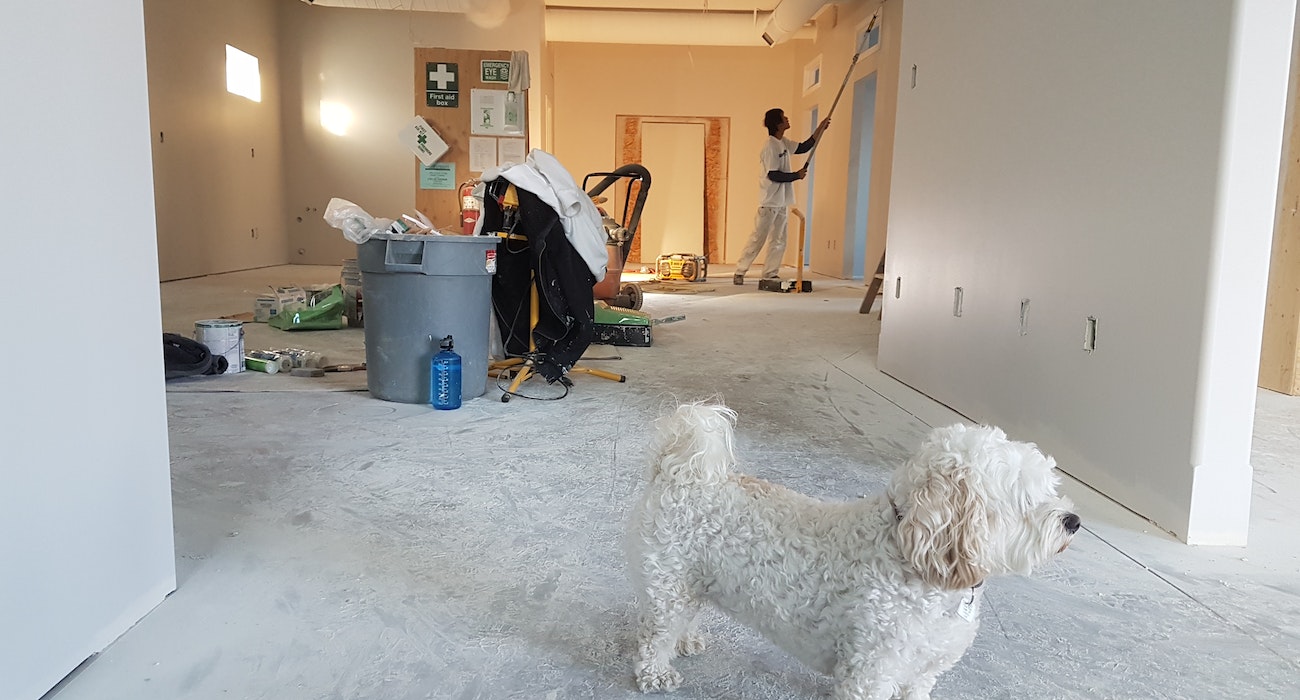A home remodeling project can be an exciting endeavor, but for it to be successful, it must be approached with careful financial planning. Effective budgeting is essential whether you're remodeling a single room or your entire home. Choose our Home Improvement Write For Us category if you wish to write a blog about Home Improvement and are looking at guest blogging platforms.
In this post, we'll give you helpful budgeting advice and techniques so you can complete your home improvements without going over budget.
Home repair initiatives can raise your home's value, comfort, and aesthetic appeal. To guarantee that your renovation goals are realized within your limits, efficient budgeting is essential.
Examining the Project's Scope
The scope of your home renovation project should be clearly stated. Identify the tasks that must be completed, the goals you wish to attain, and your top priorities.
Making a Practical Budget
Make a budget that is in line with your resources and the project's scope. Set reasonable expectations and be honest with yourself about your financial situation.
Investigating Prices and Getting Quotes
Find out how much labor, materials, and any other expenditures associated with your project will cost. have estimates from suppliers, service providers, and contractors to have a good idea of potential costs.
Including a Reserve Fund
Your budget should have a contingency fund to cover unforeseen costs or modifications to the project's scope. As a general guideline, 10% to 20% of your whole budget should be set aside for unforeseen expenses.
Setting Priorities for Essential and Aesthetic Upgrades
Differentiate between functional and aesthetic modifications. Set your home's safety and functionality as a top priority for repairs and upgrades.
Researching Financing Alternatives
Take into account various financing choices, such as personal loans, home equity loans, or grants for home improvements. Select the choice that best satisfies your project's needs and financial position.
Labor Costs: DIY vs. Professional
Determine whether you can do some project components on your own (DIY) or whether you need to employ professionals. While DIY might reduce costs, there are some activities that are best left to professionals to prevent expensive errors.
Monitoring Spending and Changing the Budget
Keep a thorough accounting of each expense incurred for the project. To keep on track, periodically examine your budget and make any required adjustments. Pay attention to your spending and look for ways to cut costs.
In summary
The key to a successful home renovation project is effective budgeting. You may complete your renovation goals without experiencing financial strain by creating a reasonable budget, analyzing costs, and meticulously keeping track of expenses.


.jpg)



0 Comments